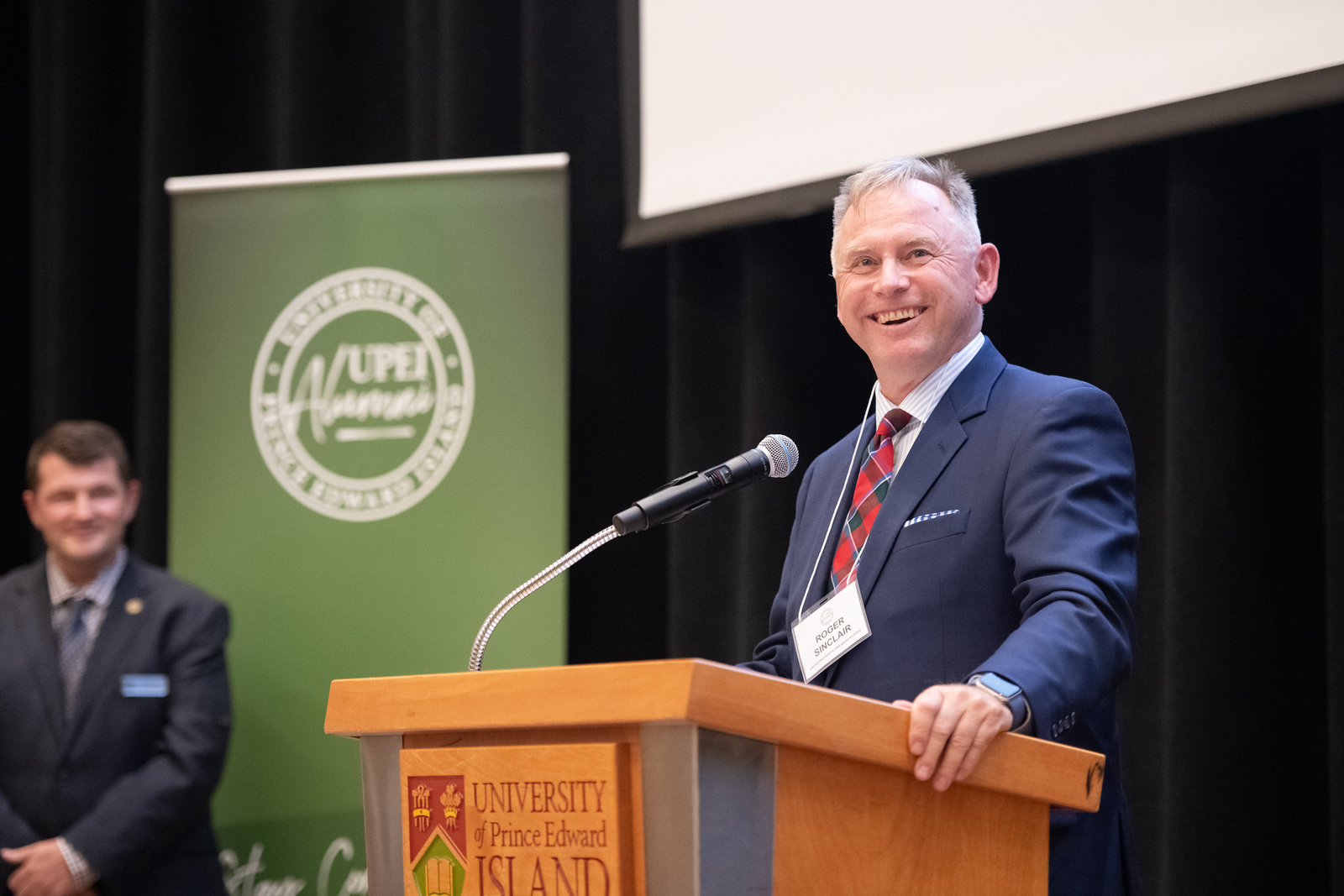As a wealth management firm, we often find ourselves pondering the true purpose of financial planning. While clarity and peace of mind are crucial outcomes for our clients, they merely scratch the surface of what a comprehensive financial strategy can achieve. The real magic happens when we transcend the fundamental question of "Am I going to be okay?" and venture into more profound and creative inquiries.

The financial planning industry is shifting as a growing number of firms are embracing a deeper connection between financial planning and meaningful living. This emerging perspective redefines traditional narratives around wealth accumulation, suggesting a more holistic approach to financial strategy.

Selecting the right financial advisor is a significant decision that can profoundly impact your financial future. To make an informed choice, it's essential to ask the right questions during your initial consultations. In this guide, we'll delve into seven crucial questions to help you find the perfect financial advisor for your needs.

Congratulations to our very own Roger Sinclair! Roger was selected by the UPEI Alumni Association Board for a Distinguished Alumni Award in recognition of his career achievements and his many

This year's Future Proof conference was a convergence of culture, technology, and, of course, money, it represented the best of what the world of wealth management has to offer.

It has been 14 years since the tax-free saving accounts (TFSA) first came into effect. The results of this RBC survey indicate that Canadians may not fully understand where, in relation to their overall plan, the TFSA fits. From our conversations, we believe the confusion, at least in part, is due to the name itself: TaxFree Savings Account. Specifically, the combination of the words “savings” and “account”. A “savings account” has traditionally been used with a short-term purpose in mind and may have earned a modest amount of interest.

It has been 14 years since the tax-free saving accounts (TFSA) first came into effect. The results of this RBC survey indicate that Canadians may not fully understand where, in relation to their overall plan, the TFSA fits. From our conversations, we believe the confusion, at least in part, is due to the name itself: TaxFree Savings Account. Specifically, the combination of the words “savings” and “account”. A “savings account” has traditionally been used with a short-term purpose in mind and may have earned a modest amount of interest.

With the March 1st deadline around the corner, it’s a good time to revisit your overall financial plan to determine if you should be making an RRSP contribution for the 2021 tax year. In January 2022, Canada’s inflation rate hit a 30-year high of 4.8% after months of articles and analysts identifying it as the number one investment risk for 2022. What is inflation? In short, inflation is the decline of purchasing power of a given currency over time, reflected in the cost of living.






